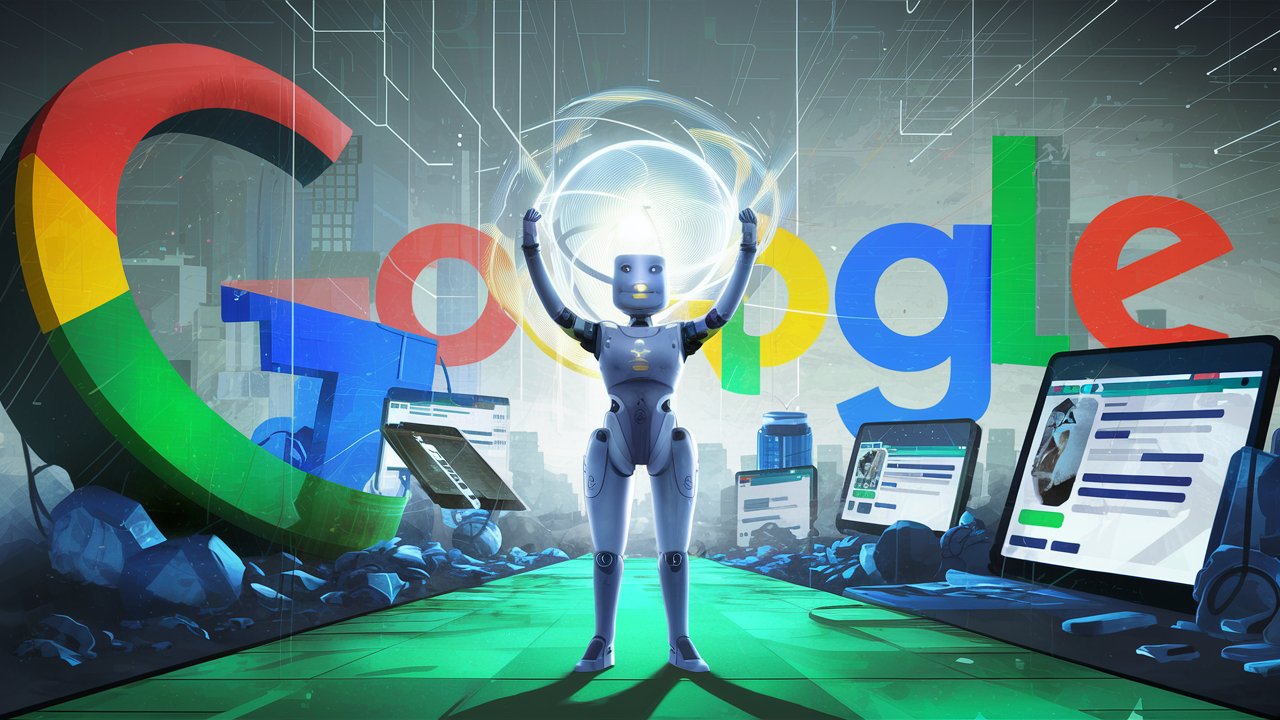The way we search for information online is on the cusp of a major transformation. A recent report by Gartner predicts a staggering 25% decrease in traditional search engine volume by 2026. This decline is attributed to the rise of AI chatbots and virtual assistants, fundamentally changing how users interact with the digital world.

For decades, search engines like Google and Bing have reigned supreme, acting as the gatekeepers to the vast ocean of online information. Users have become accustomed to formulating keyword queries and sifting through search results pages (SERPs) to find what they need.
However, AI chatbots offer a more conversational and personalized approach to information retrieval. Imagine having a virtual assistant readily available to answer your questions directly, provide summaries of complex topics, or even complete tasks based on your instructions. This level of convenience and interaction is what AI chatbots promise.
Here’s a deeper dive into why AI chatbots are poised to disrupt the traditional search engine landscape:
- Natural Language Processing (NLP): AI chatbots excel at understanding natural human language. Users can ask questions in a conversational manner, eliminating the need for precise keyword formulation.
- Personalization: AI chatbots can learn user preferences and tailor their responses accordingly. This personalized search experience surpasses the one-size-fits-all approach of traditional search engines.
- Contextual Awareness: AI chatbots can consider the context of a conversation, leading to more relevant and accurate results.
- Proactive Assistance: AI chatbots can anticipate user needs and proactively offer suggestions or complete tasks, streamlining the information discovery process.
The transition from search engines to AI chatbots doesn’t necessarily spell the end of Google or Bing. These search giants are actively developing their own chatbot technologies to stay relevant. We might see a future where search engines and AI chatbots coexist, each fulfilling specific user needs.
Here are some key takeaways for businesses and content creators:
- Focus on Conversational Content: As AI chatbots become more prominent, content that is clear, concise, and easy to understand will be crucial.
- Optimize for Voice Search: With the rise of voice assistants, optimizing content for voice search becomes essential.
- Embrace AI-powered Tools: Businesses can leverage AI chatbots to enhance customer service, provide personalized product recommendations, and automate tasks.
The future of search is undoubtedly heading towards a more conversational and interactive experience. By understanding the potential of AI chatbots and adapting strategies accordingly, businesses and content creators can stay ahead of the curve in the ever-evolving digital landscape.
